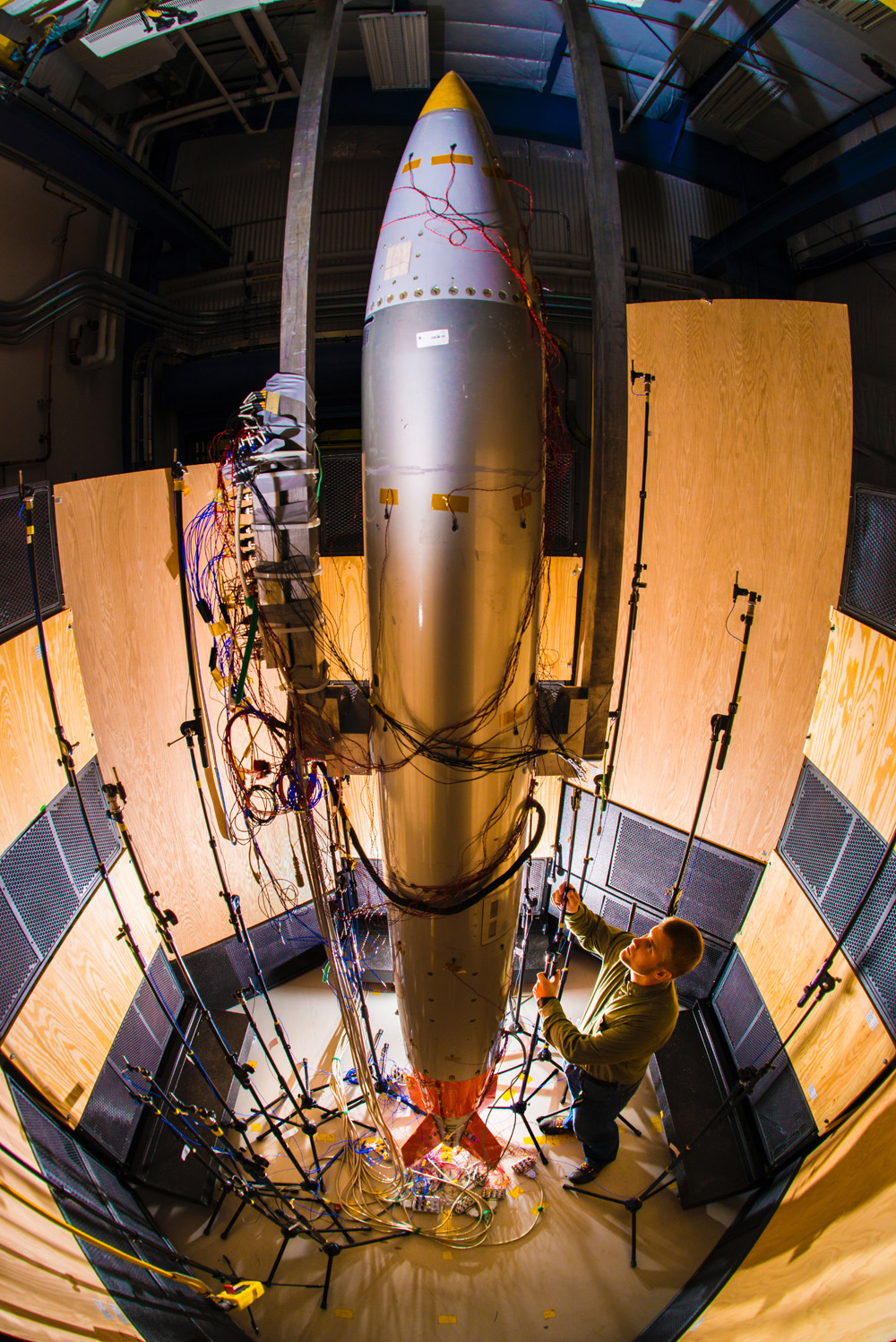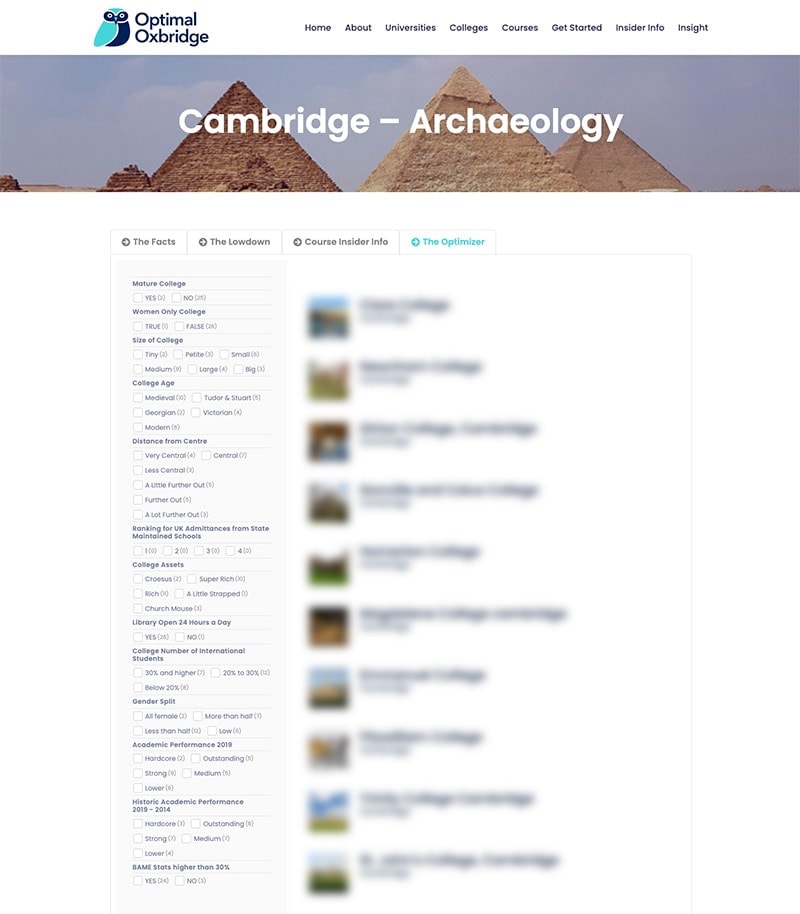Subscribe for full access to insider info and the optimizer.
Unlock access to the Optimizer and Insider Info
Let our optimizer help you find your college match faster. We’ll screen out the bad fits so that you can review the schools you’ll like best. Who knows? You might find a college you never knew existed.
The Facts
UCAS Code:
Engineering Science: H10. Biomedical Engineering: H811. Chemical Engineering: H800. Civil Engineering: H200. Electrical Engineering: H620. Information Engineering: H630. Mechanical Engineering: H300.
Standard Requirements:
A levels | A*A*A (A* in Mathematics, FM, or Physics)
IB | 40, 766 in HL (7s in HL Physics and Mathematics)
Advanced Diploma in Engineering (Level 3) - Must attain A level in Physics and level 3 Mathematics for Engineering certificate.
BTEC: A conditional offer of D*D*D in the extended diploma, or a D* BTEC National Foundation Diploma, as well as an A*A in Maths and Physics A Level stands for candidates applying.
Required Subjects:
Physics, Mathematics
Advisable Subjects:
Mathematics Mechanics modules
Further Mathematics
No written work needs to be submitted
177 (41% interviewed, 16% successful)

The Lowdown
This course allows students to gain a base understanding of a range of Engineering topics over their first couple of years. In their fourth year, students are given the freedom to choose six courses that are focused on specialisms within the following eight areas: Civil, Chemical, Electrical, Information, Production, Biomedical, Engineering Mathematics, and Mechanical. It’s a large course with an intake of almost 180 a year, of which almost 27% are female (over the last three years). It’s a competitive course with only 16% of applicants being successful.
In a typical week, an engineering student will have about ten lectures. During the summer term of the second year, undergraduates study four practical modules, including a design module in mechanical or electrical computer aided design. They will also go to tutorials and classes, in addition to practical work lasting around five hours. The workload is pretty intense but necessary given how broad the subject is.
In the final year, students will undertake a research project which takes up roughly 50% of their working time. Work experience is highly valued in Engineering, and many students find industrial placements. Some may find a company willing to ‘sponsor’ their degree, though this is usually dependent on working with the company for a year before starting university.
Studying Physics and Maths at A Level or equivalent is mandatory, and it is recommended that students take the Mechanics modules in Maths (if possible). Further Maths is not required but may be useful to study.
Unlock Insider Info
Get insider intel about how to increase your chances of being offered a place, plus access interviews tips and special questions.
The Optimizer
Unlock access to the optimizer
Let our optimizer help you find your college match faster. We’ll screen out the bad fits so that you can review the schools you’ll like best. Who knows? You might find a college you never knew existed.

